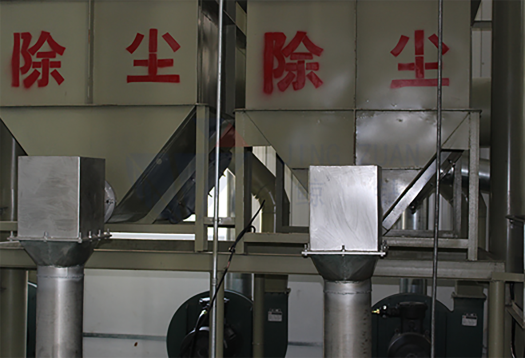
Nov . 10, 2024 01:20 Back to list
Innovative Enhancements in Cement Bonding Through Advanced Additives and Their Applications
The Role of Cement Bonding Additives in Modern Construction
In the ever-evolving realm of construction materials, cement bonding additives have emerged as crucial components that enhance the performance of cement-based products. As the construction industry constantly seeks innovative solutions for improving durability, workability, and environmental sustainability, cement bonding additives have gained significant attention. This article delves into the types, benefits, and applications of these additives, illustrating their vital role in modern construction practices.
Understanding Cement Bonding Additives
Cement bonding additives are chemical compounds or materials integrated into traditional cement formulations to enhance specific properties of the binder. These additives can be organic or inorganic in nature and typically play a critical role in modifying the physical and chemical characteristics of cement. Common types of cement bonding additives include
1. Polymer-Based Additives These are synthetic materials that improve adhesion, flexibility, and resistance to water. Polymer-modified cement offers increased elasticity and reduced cracking, making them suitable for diverse applications.
2. Chemical Admixtures These components are designed to alter certain properties of the cement mixture. For example, superplasticizers improve the workability of fresh concrete without additional water, while accelerators hasten the curing process, enabling faster project turnaround times.
3. Mineral Additives Materials such as fly ash, slag, and silica fume can be incorporated into cement mixes to enhance strength and durability. These additives not only improve structural performance but also provide environmental benefits through recycling waste materials.
Advantages of Using Cement Bonding Additives
The integration of cement bonding additives into construction practices presents several advantages
- Improved Mechanical Properties Additives can significantly enhance the compressive strength, flexibility, and overall durability of concrete, making it more resilient against environmental stresses.
- Enhanced Workability Many cement bonding additives improve the flow and workability of the cement mix, making it easier for workers to handle and mold concrete without compromising its structural integrity.
cement bonding additive

- Accelerated Curing Times Certain additives allow for rapid setting and hardening of concrete, which is beneficial in time-sensitive construction projects. This capability helps minimize downtime and increases productivity on job sites.
- Resistance to Environmental Factors With increased emphasis on sustainability, cement bonding additives provide enhanced resistance to water, chemicals, and freeze-thaw cycles, prolonging the life of structures and reducing maintenance costs
.- Eco-Friendly Solutions The use of mineral additives derived from industrial byproducts contributes to a reduction in carbon footprints in construction, aligning with global efforts to promote sustainable building practices.
Applications in Modern Construction
Cement bonding additives find extensive applications across various construction sectors
- Infrastructure Projects Roads, bridges, and tunnels benefit from the improved strength and durability provided by modified cement mixtures. The additives ensure that these structures can withstand heavy loads and harsh weather conditions.
- Residential and Commercial Buildings High-performance concrete with bonding additives is increasingly used for foundations, walls, and slabs. The improved workability means that intricate designs can be achieved with ease.
- Repair and Rehabilitation Cement bonding additives play a crucial role in repair mortars, providing enhanced adhesion and durability when restoring aging structures. This is especially critical in preserving historical buildings.
- Precast Concrete Products The consistent quality and performance offered by cement bonding additives make them ideal for precast concrete products, which are manufactured under controlled conditions for reliability.
Conclusion
In conclusion, cement bonding additives are essential to modern construction, significantly enhancing the performance and sustainability of cement-based products. With increasing demands for durability, reduced environmental impact, and improved workability, the construction industry will likely continue to invest in research and development of these additives. As new formulations emerge, cement bonding additives will undoubtedly play a larger role in shaping the future of construction, making it safer, more efficient, and more environmentally responsible. The ongoing evolution in cement technology suggests a bright future, one where buildings are not only more robust but also reflect a commitment to sustainable practices.
-
Versatile Hpmc Uses in Different Industries
NewsJun.19,2025
-
Redispersible Powder's Role in Enhancing Durability of Construction Products
NewsJun.19,2025
-
Hydroxyethyl Cellulose Applications Driving Green Industrial Processes
NewsJun.19,2025
-
Exploring Different Redispersible Polymer Powder
NewsJun.19,2025
-
Choosing the Right Mortar Bonding Agent
NewsJun.19,2025
-
Applications and Significance of China Hpmc in Modern Industries
NewsJun.19,2025







